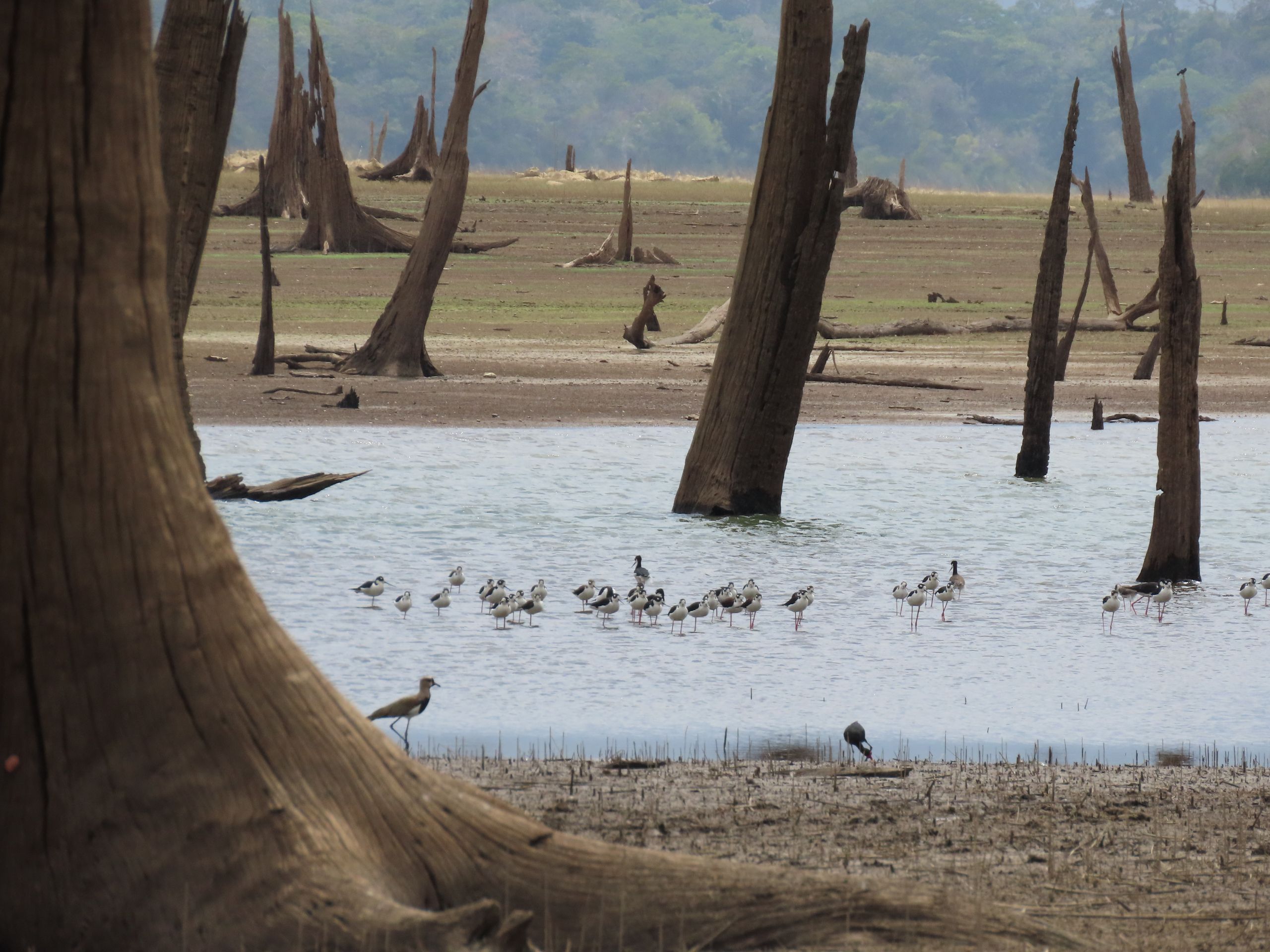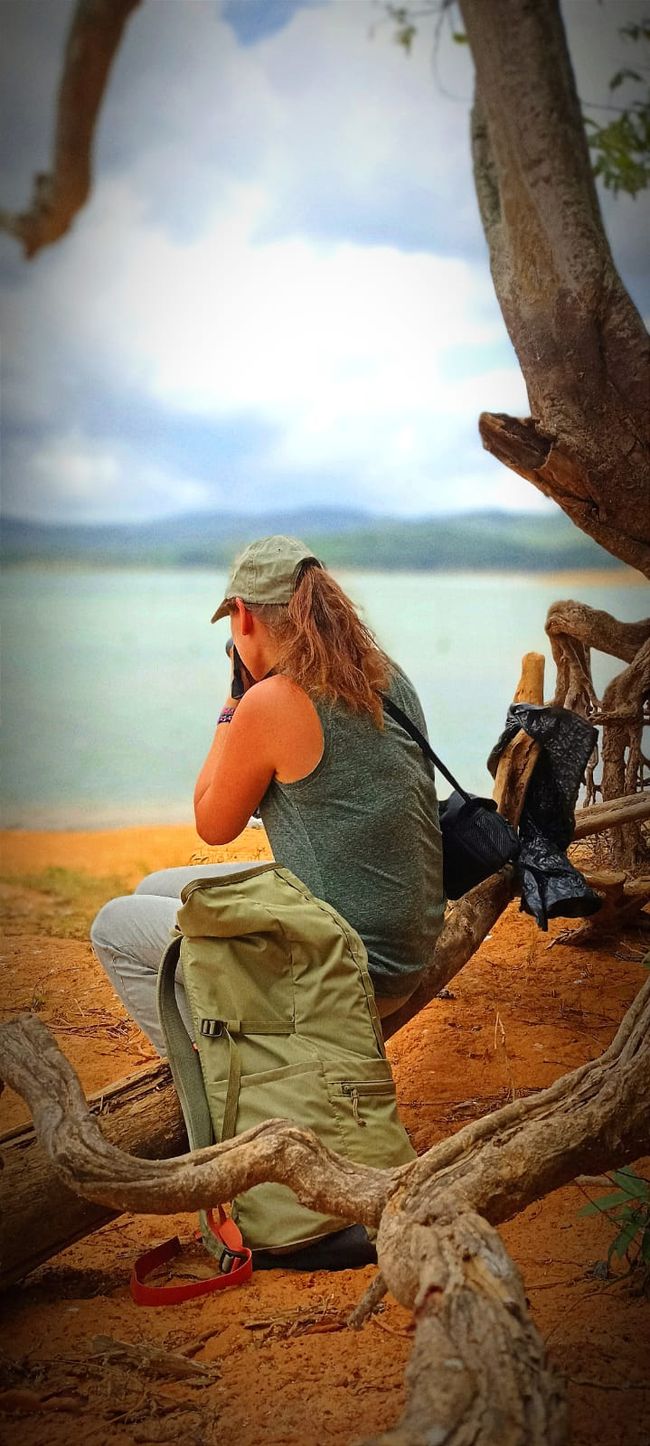From tigers, birds, dogs and loots of water - and some explanations
Опубликовано: 18.01.2018
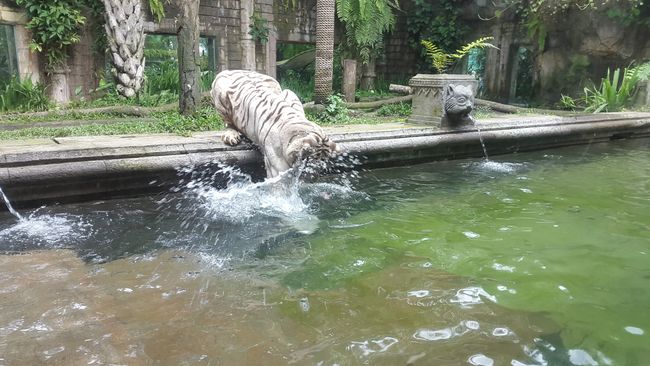
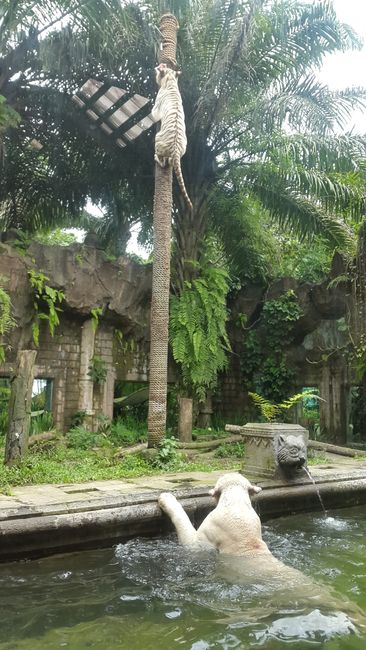
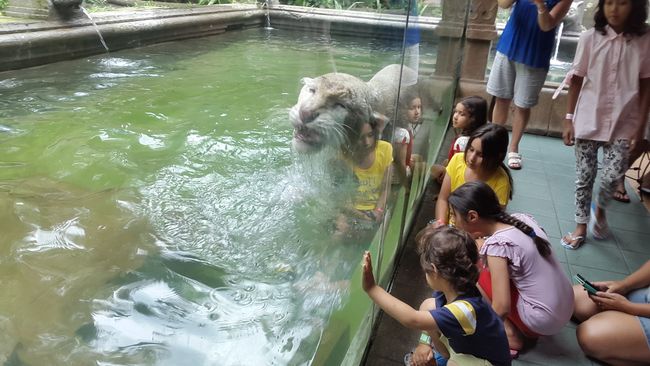
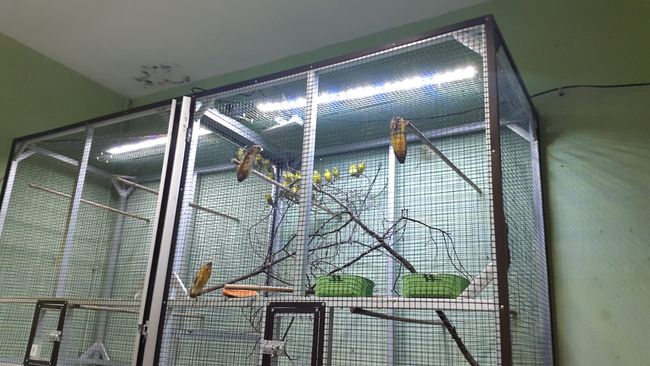
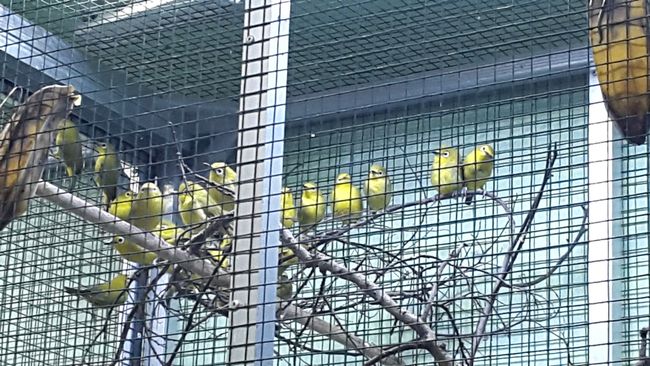
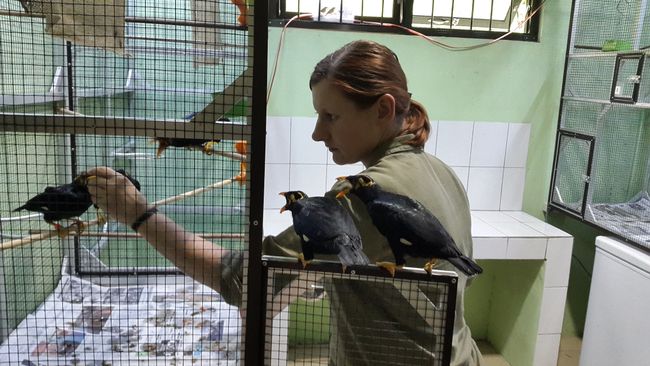
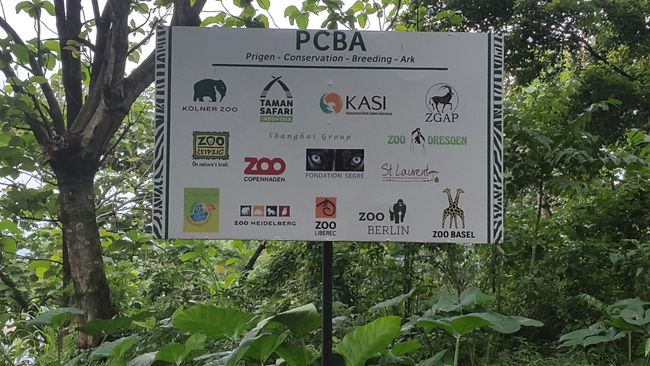
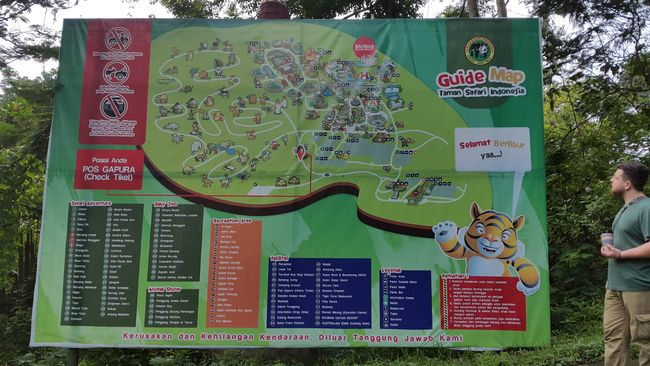
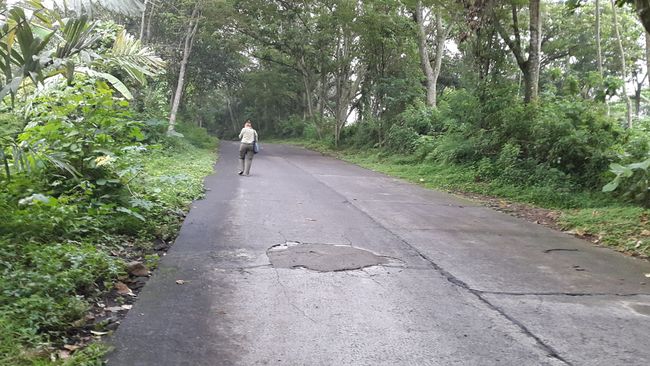
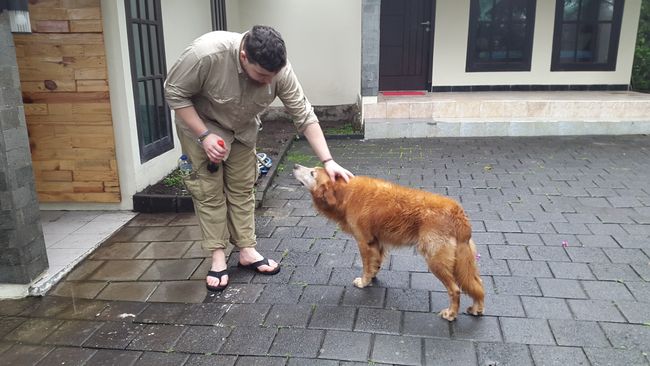
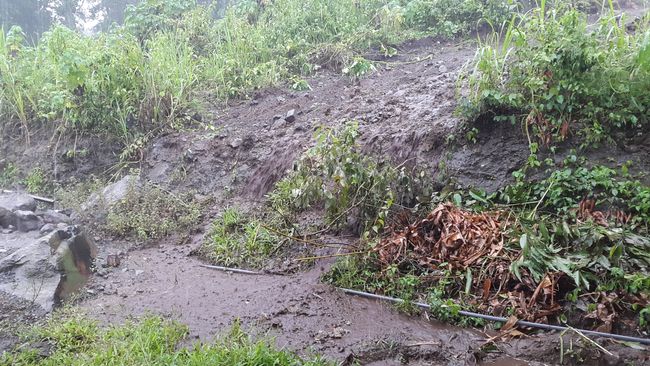
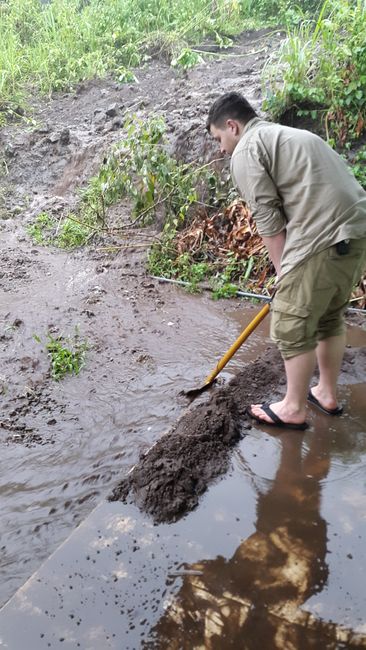
Подписаться на новостную рассылку
I had already written that there are 5 restaurants here. The day before yesterday we had lunch at the 'Tiger Cave Restaurant', which is the most expensive of the 5 restaurants. You can watch the tigers while eating. It's quite Asian-kitschy and not particularly exciting for animal keepers, but I found the feeding method quite interesting. Unfortunately, I can't upload videos here, so only photos:

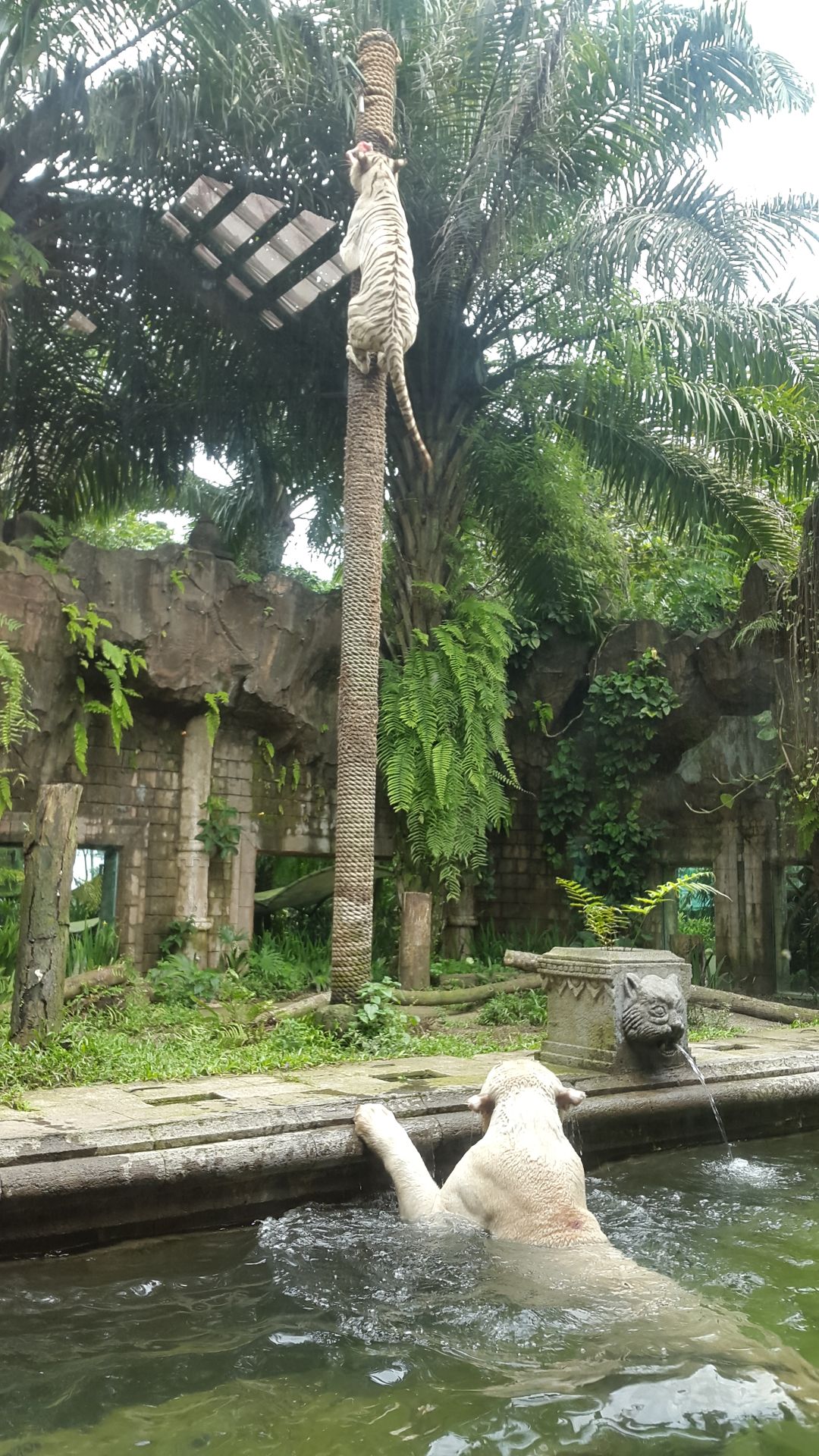
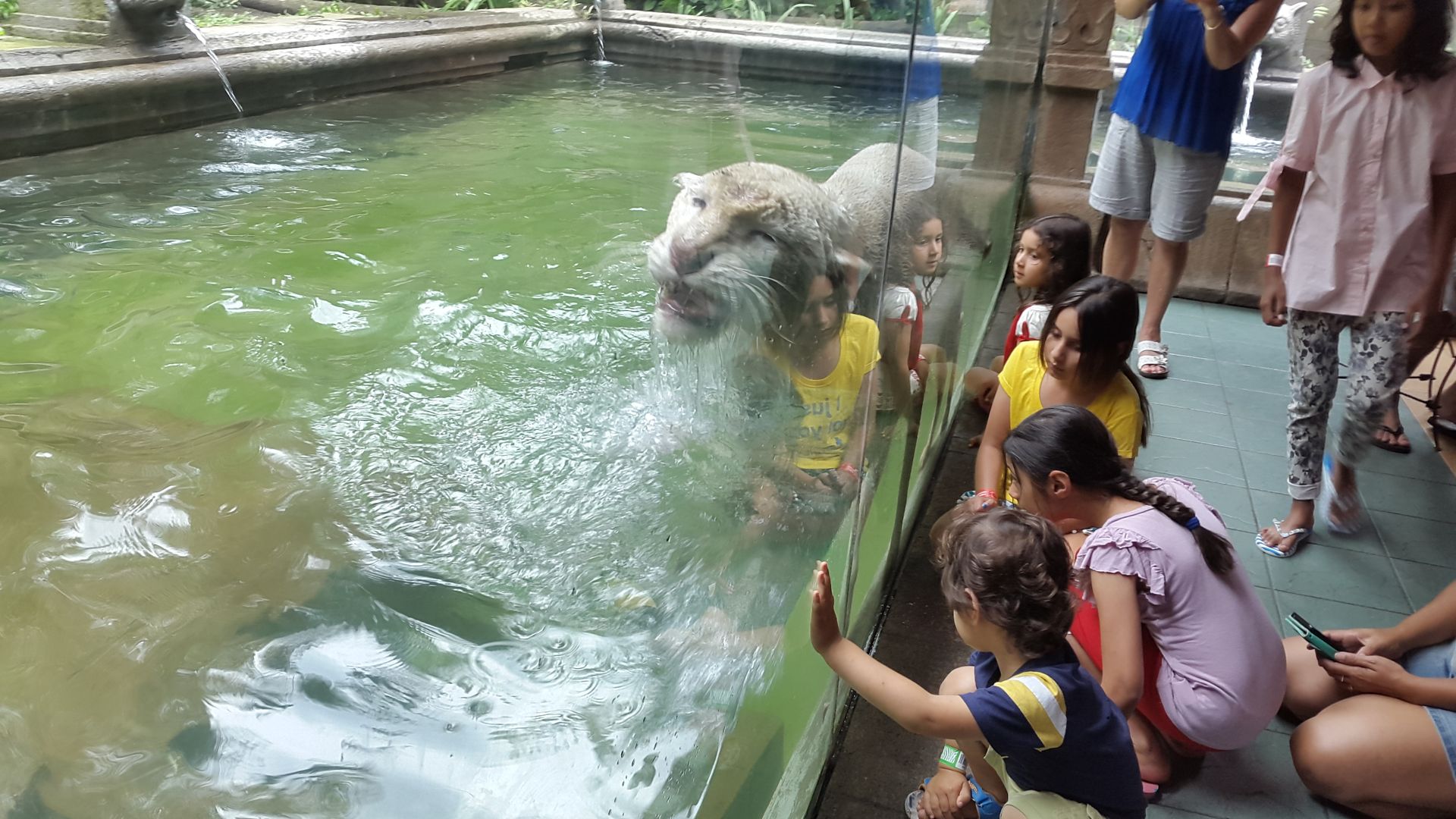
At the moment, Roland Wirth, the founder of the ZGPA, is visiting with his wife, a good reason for Stefan to visit the bird market in Surabaya again. And since you never know what rarities you can get there, Stefan of course came back with bags full of birds. And that's literally true, because small birds can easily be transported in paper bags for short distances. A bit like Christmas, because we didn't know what was in the bags.
A brief explanation for those who have never heard how things work here in Indonesia: For Indonesians, birds are a status symbol, so they hang a songbird (or several) in a cage in front of their house. Or they take the most vocal specimens to singing competitions and let their bird sing for fame, honor and prize money. Now the problem is that in the forests, especially in Java, there are hardly any birds left because they are being caught by bird catchers for the markets. This not only means that the loss of habitat, for example due to population growth and monoculture plantations such as palm oil plantations, is a threat to the birds of Indonesia, but especially the Indonesians themselves. You might think that this is pretty stupid, and it certainly is, but at this point we Europeans also have to take a look at ourselves! That's why the EAZA initiated the 'Silent Forest Campaign' to help songbirds in various projects. https://www.silentforest.eu/
Now it is of course counterproductive to buy the birds for our project at the bird markets, because with every purchase the demand also increases. But the alternative would be to catch the birds in the wild (which would be nonsense) or to buy them from local breeders, who are not very willing to part with their birds. So the simplest solution is to buy the birds at the markets.
In our project, the 'Prigen Conservation Breeding Ark', the most threatened birds are bred to preserve the last of their kind. Some may even be released back into the wild. However, only in strictly protected, preferably fenced and guarded areas, so that these animals are not immediately caught again. Actually, it's a fight against windmills, but doing nothing is not a solution either! The example of the Javan Whistling-Thrush: This species is de facto extinct in its native Java, but there are still about 50 specimens in 3 European zoos and in a center in Indonesia. These originally all came from markets and some from breeding. If these animals had not been bought back then, the species would no longer exist today. Because you haven't been able to find the Javan Whistling-Thrush in the forests and markets for a long time.
But back to the bags!
In some bags were Javanese Flying Foxes, which, as it turned out, are infested with coccidia and of which unfortunately only 4 out of originally 8 are still alive.
Also a very rare spectacled bird species and 1 Javanese Leafbird.
The next day Stefan went out again to get another 6 super rare Tenggara Hill Mynas that he had seen yesterday but didn't buy. They are 6 weeks old and some still need to be hand-fed. So we have a bit more to do than in the early days.
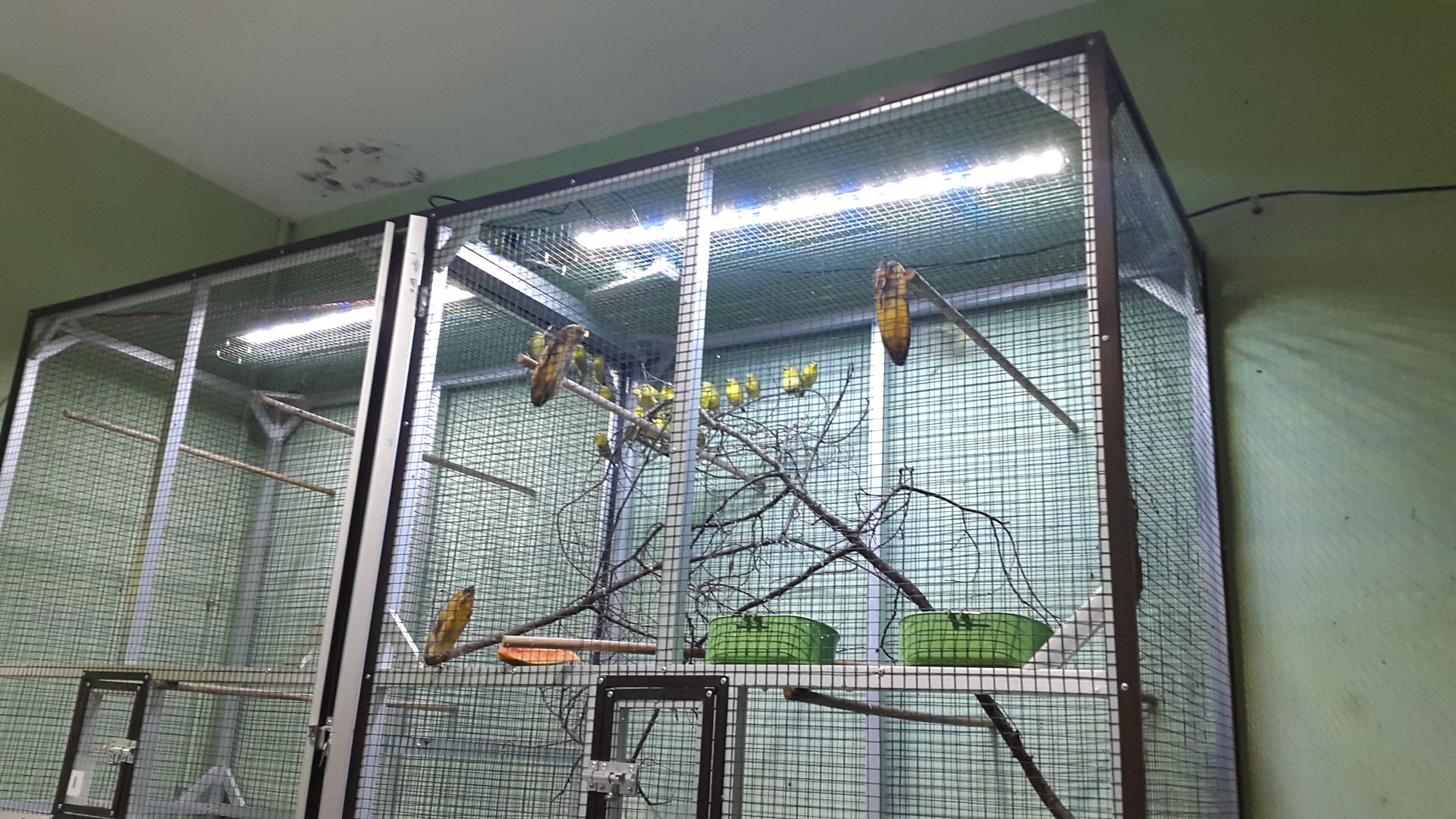
I noticed that the connection between Taman Safari and our project might not be understood, so here's a brief explanation:
There are 4 Taman Safari parks in Indonesia, three on Java and one on Bali. One of the bosses of these parks (the bosses are 3 brothers) is interested in species protection and has already co-founded and co-financed a breeding station at Taman Safari Bogor. And now a bird breeding station is also being built here in Prigen, which is also funded by Taman Safari, but also by several European zoos and associations.
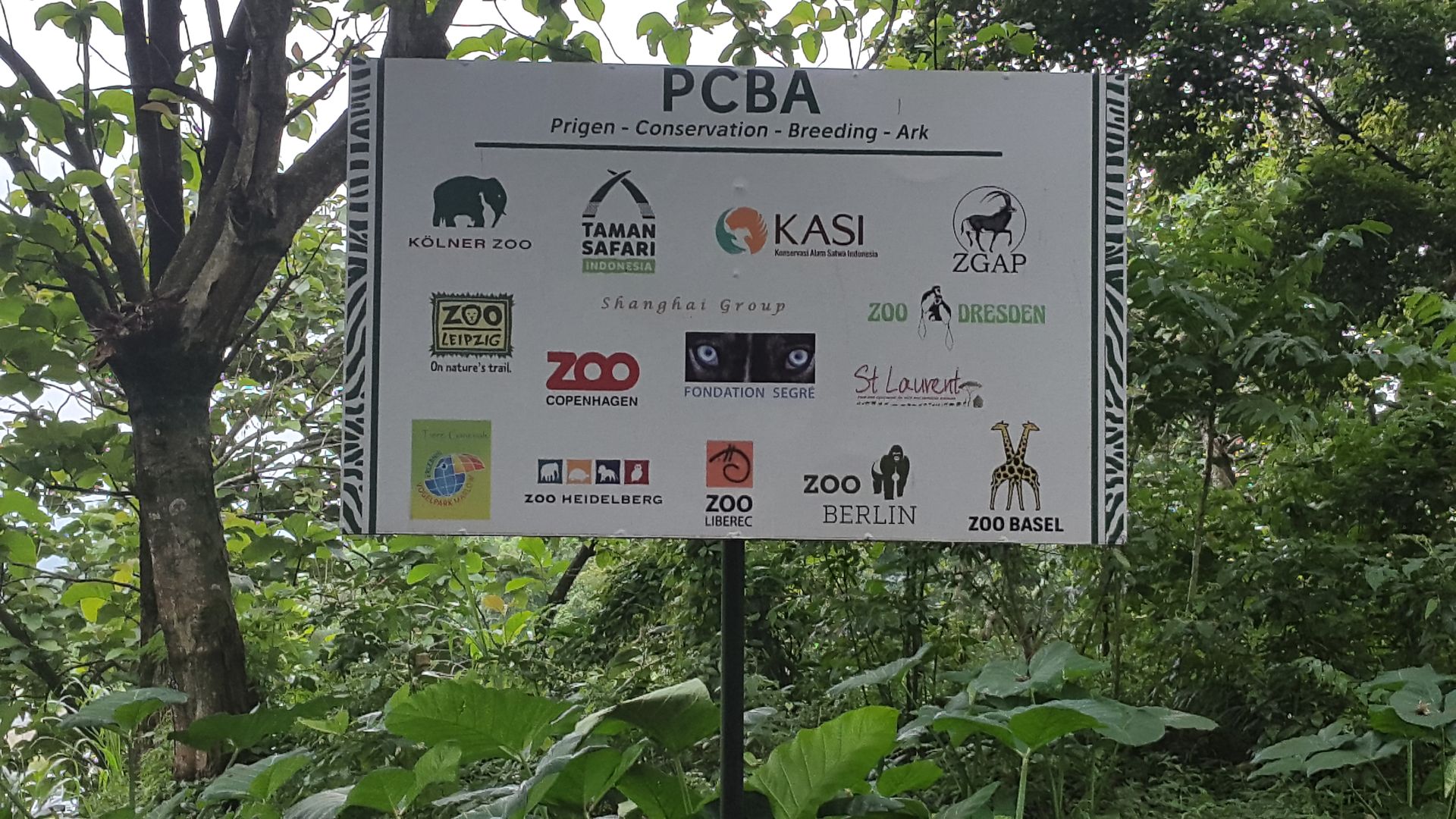
The station is located on the fenced area of Taman Safari, so the birds are quite safe from bird thieves.
This means we have very little to do with the safari park itself, we are an independent project, but we live on the park's grounds and get our free meals here. The safari park has 700 employees, but we don't have direct contact with most of them. One sits as security near our house, some are drivers for us, our neighbor is the chef of Taman Safari, there is a veterinarian (which is very important for us), and architects who are responsible for planning the buildings. In addition, there are craftsmen who are also responsible for repairs in our apartment, but you have to remind them 3 times ;D

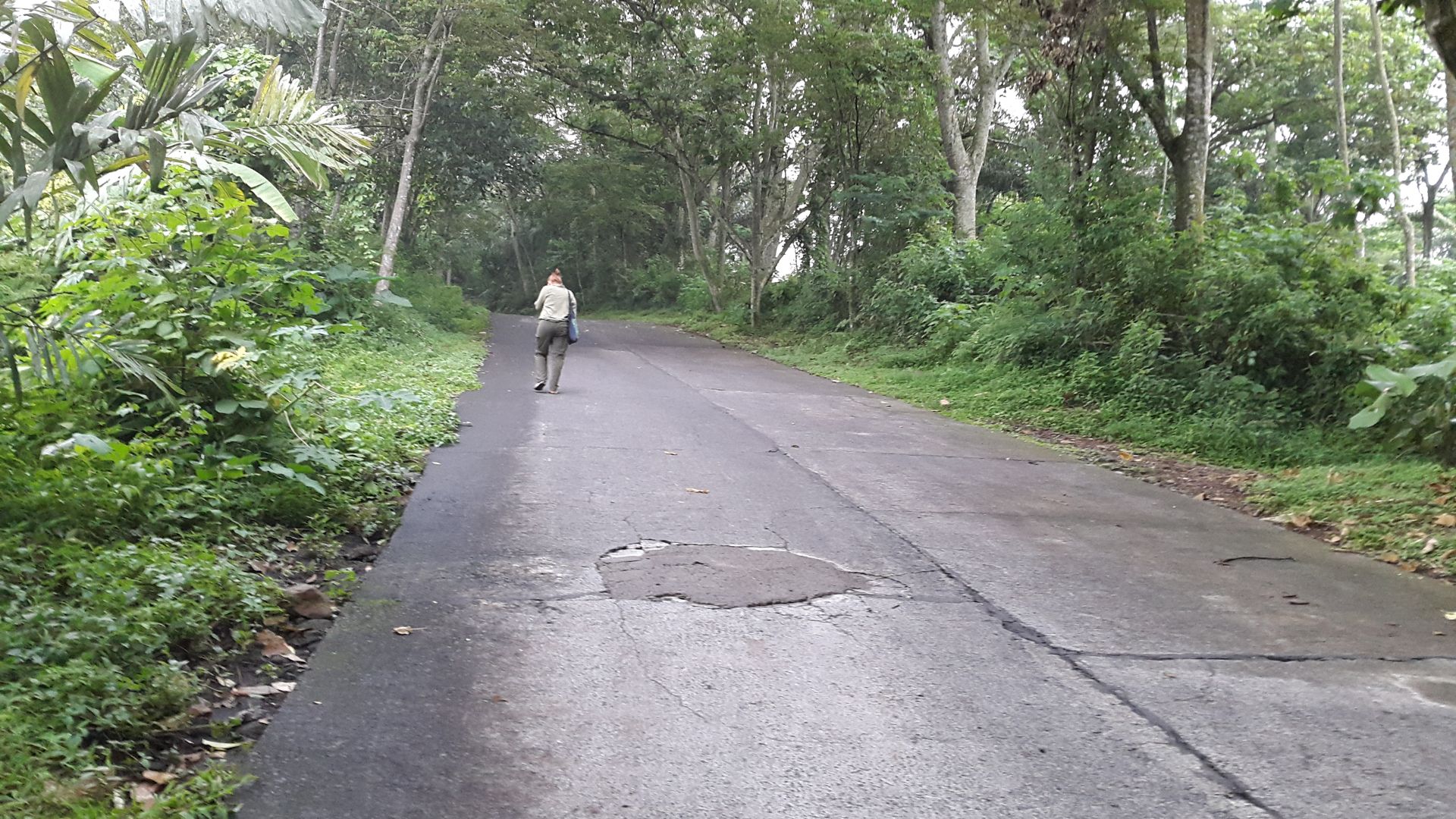
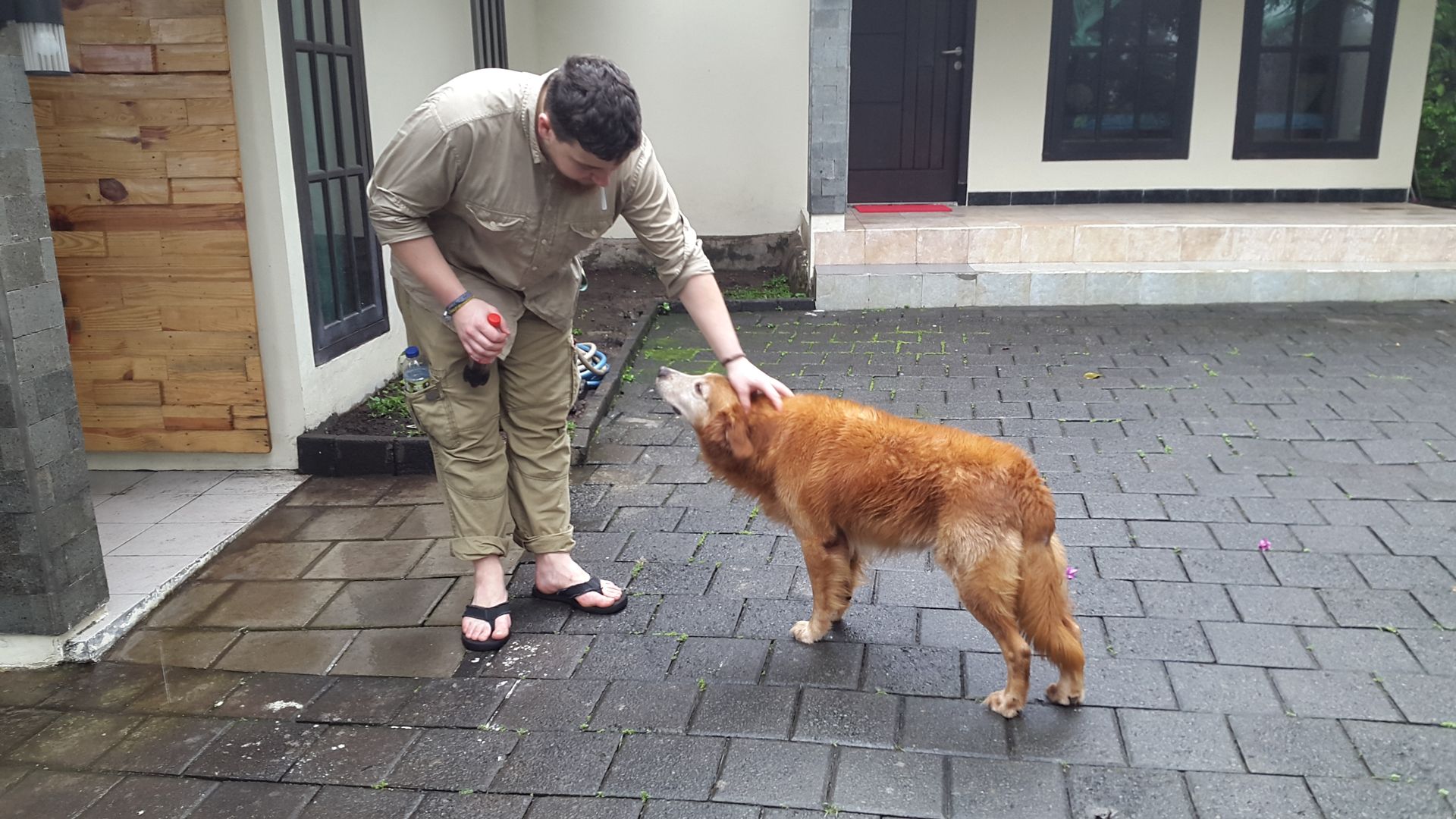
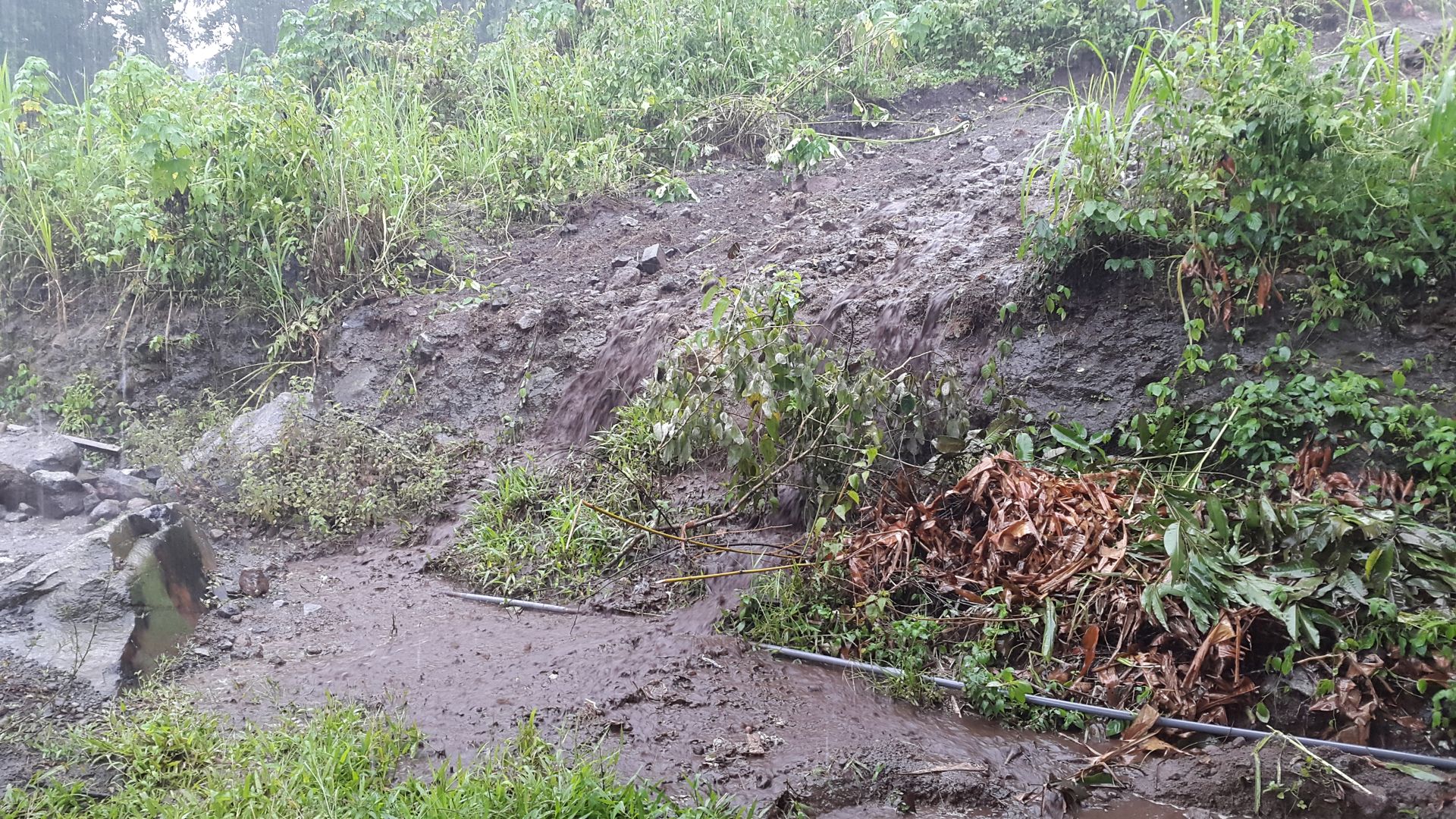
Thank you for reading and see you soon! :D
Подписаться на новостную рассылку
Отвечать
